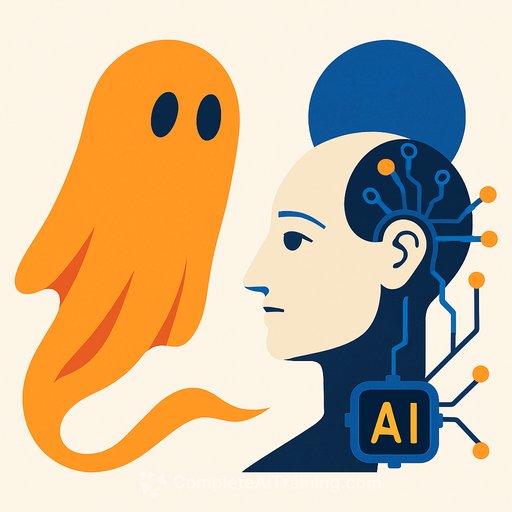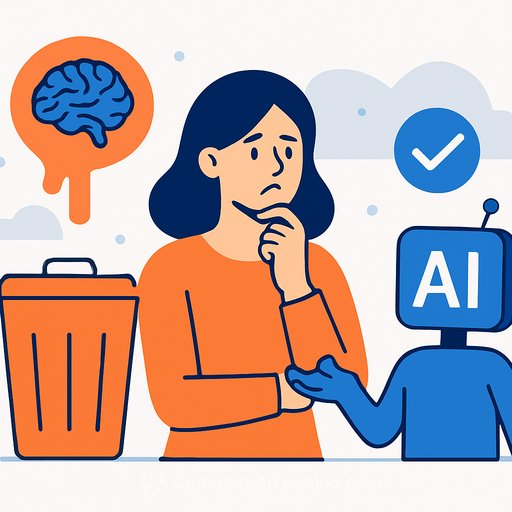The Historical Dimension of Artificial Intelligence
Artificial intelligence (AI) is part of a long human story that stretches beyond just modern technology. Recognizing this historical context helps leaders and managers evaluate AI thoughtfully, applying it with care and insight rather than hype or fear.
AI carries forward the legacy of communication machines, a history that began with the telegraph and extends even further back to animism—the human habit of attributing spirit or personality to non-human things that resemble us.
Echoes of History in AI Debates
Discussions about AI often reflect old themes, even when they appear new or extreme. On one side, some insist AI can never replace creative or intellectual roles like scholars, artists, or philosophers. On the other, some worry AI might overshadow humanity altogether.
These fears are sometimes stirred by small incidents, such as AI-generated books attributed to fictional “philosophers.” Such events reveal more about the limits of certain fields and audiences than about AI’s actual capabilities.
Machines That Speak, Spirits That Connect
For over two centuries, technology that produces language has inspired beliefs in “ghosts in the machine.” Since Samuel Morse’s telegraph, people imagined devices as spiritual connectors, linking humanity in collective thought.
The radio, before it became a mass media tool, started as wireless telegraphy. Its mysterious voices were sometimes thought to be from the dead or lost, floating through an invisible ether once believed to exist. Electricity was seen almost as a magical force powering these connections, even as the real costs of energy production were hidden away.
What This Means for Management
- Seeing AI as part of a long tradition can temper unrealistic expectations and fears.
- Managers should assess AI tools critically, understanding their place in communication history and human culture.
- Awareness of AI’s social and psychological impacts can guide responsible adoption in workplaces.
For those interested in practical AI skills relevant to management, exploring focused courses can be a good step. Check out Complete AI Training’s management-specific courses for structured learning paths.
Your membership also unlocks:






